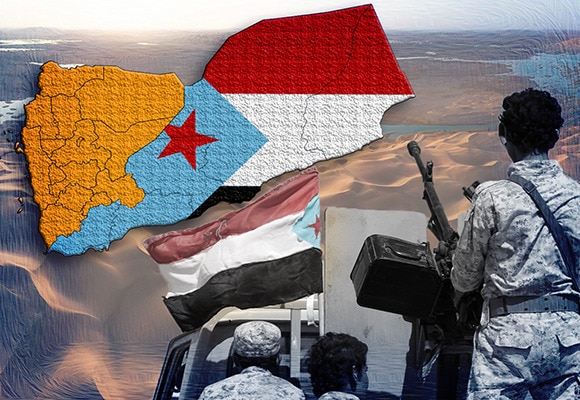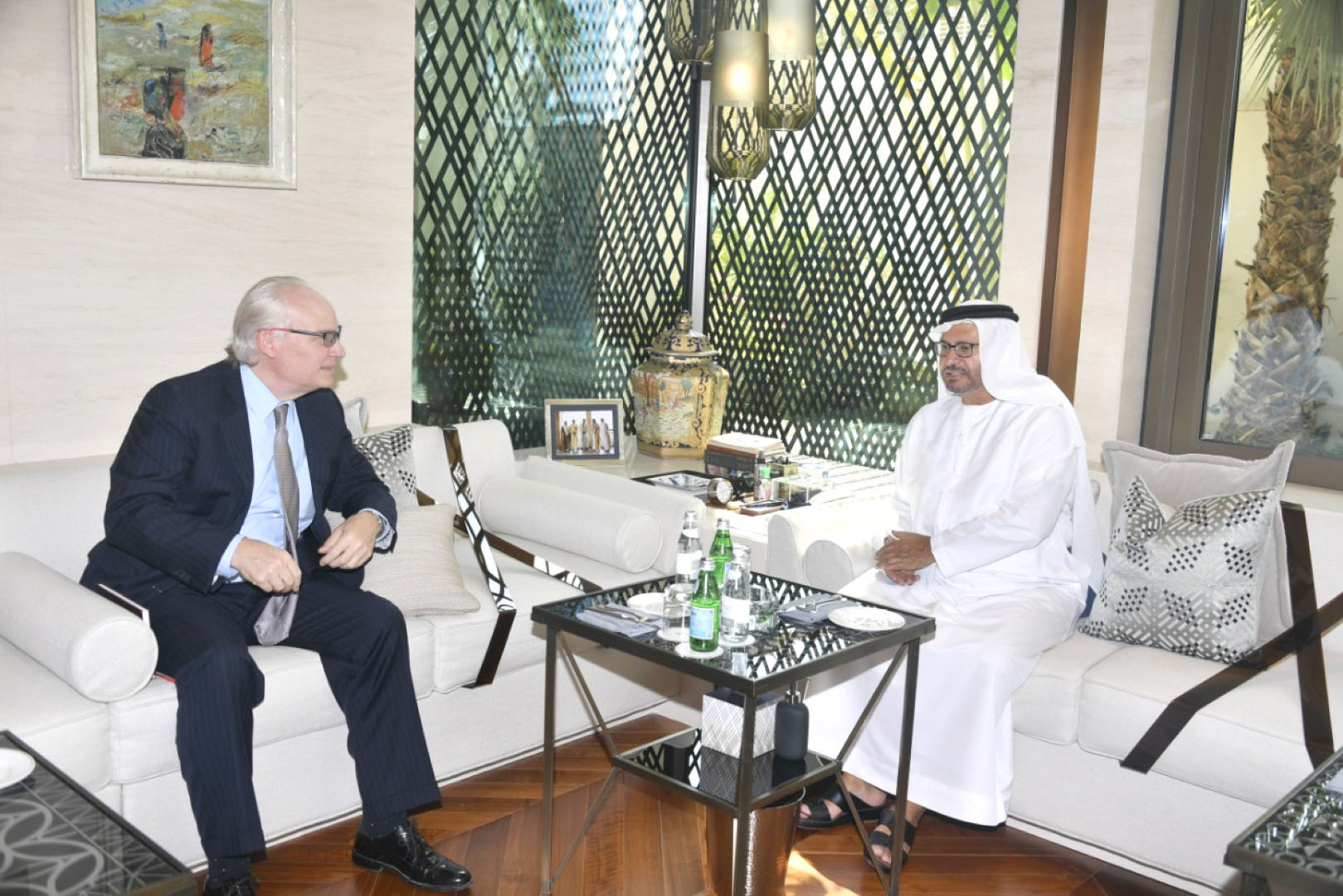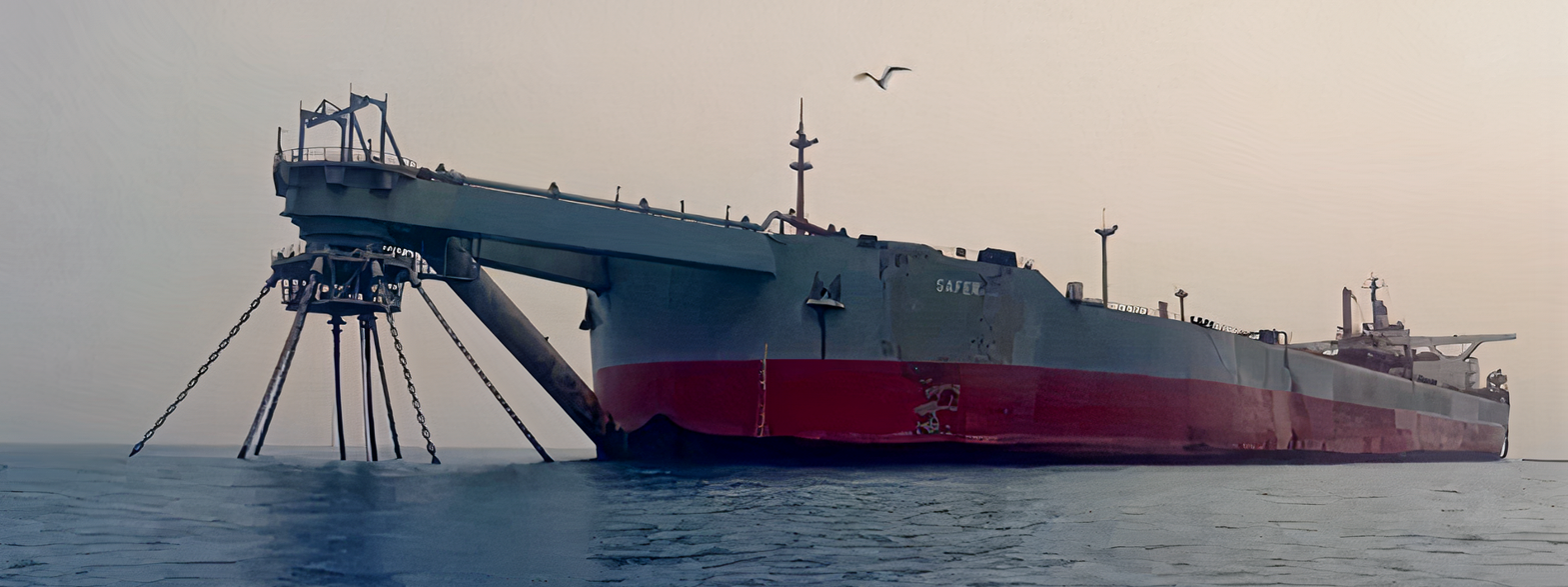
Photo credit: Arab Center for Research and Policy Studies
Last updated on: 20-10-2022 at 7 PM Aden Time

Mehdhar Alawi (South24)
After eight years of the ongoing conflict in the Yemeni region, the term “reaching a dead-end” has been back, and the international community has become increasingly aware of the complexity of the closed loop in the Yemeni region, and the belief in the need to get the available opportunity to achieve a quick settlement in South Yemen is increasing.
UN Security Council met on 13 of October to discuss the Yemen file while the world is going through fears of an imminent conflict that has not been witnessed in eight decades, and as expected there was no actual change in this session, the option of military intervention in the Yemeni region has been repeatedly emphasized by the international community that it is unlikely, despite the Houthi group ‘refusal to extend the truce in early of this October and direct threats to the waters of Red Sea.
In view of these exacerbations and according to the interpretation of international relations theories in alliance policies, analysts go to the inevitability of making peace, which can be achieved at this stage in the Yemeni region and its positive repercussions on the region and whole world, based on the ''Threat Balance Theory'', which predicts that countries will ally themselves against the most threatening country, not the most powerful one, and if it is taken into account that South Yemen is a country that faces common threats with other countries as a result of the geographical proximity and the offensive intentions of the Houthi group, then it is a strategic choice for an international coalition system.
Fortunately, what distinguishes the current leaders in South Yemen is that they are democrats who seek to restore the Southern state with a democratic federal system that is open to the world and what hinders them is how to get out of the impasse that was imposed on them in the year 1994 and to withdraw their wealth from the influence and authority of ideological groups. The political leaders in South Yemen understand that the independence of their land cannot be restored without international recognition, This is what the STC President Major General Aidrous Al-Zubaidi said that what the people of South are seeking is the world's recognition of the independence of South Yemen, in the sense that he does not want an isolation for his homeland, and this is what may happen if Russia wants to win an ally in this vital region of the world and recognize South or consolidate relations with them significantly.
South Yemen is considered one of the regions rich in energy resources, and reports also indicate places that have not yet been worked on, which means that it is time for the world to relief this part of the Middle East through a step of relations that consolidate peace and expanding the sources of energy supply to the world . Iran caused a great damage to South Yemen in 2015 by the Houthi's invade, and until this moment Houthis and different ideological groups are trying to control the oil wealth of South Yemen but this country is still losing young people on the battlefields to repel the Houthi aggression that is completely supported by Iran.

US Envoy to Yemen Lenderking during a meeting with Senior Advisor to the UAE President Anwar Gargash on September 2022 they agreed on the need for stability in South and support to the PLC’s effort to provide relief to Yemenis.
Southerners understand very well the importance of having reliable allies, and the thirst for freedom and independence is the engine in light of these defining moments that the world is experiencing. The recent statements of the US envoy to Yemen Tim Lenderking, constituted a state of hope among the people in South, it may be considered as a change in Washington position that indicating an understanding of the importance of South and the positive interaction which the independence would achieve with the region and world, and abandoning the binding strategy versus the dynamic interplay between binding and wedge strategies, similar to those used in the 1950s between the Soviet Union and the United States regarding Japan, where changes at this time have become a priority for several countries based on common interest and constants of sustainable peace.
Related: US: The Stability of South Yemen is of Utmost Importance
Creating allies in South Yemen will have a clear impact, it has become impossible for Iran to allow a ''Conservative'' regime in Sanaa to be an ally with US, just as there is no longer ''radical regimes'' in the region that US fears from them. The conflict in Yemeni region posed not only a danger to the Yemenis, but also a grave danger to many countries in the region and the world.

UN’s photo for FSO Safer tanker
Therefore, securing this region and benefiting from the legitimate and demand of the people in South will enrich the West with a true and stable ally especially since the Houthi threat to the Red Sea waters has become clear today Also regarding the process of unloading the FSO SAFER sponsored by the United Nations, the possibility of its success has become more difficult after the end of the truce in Yemeni region with Houthi’s announcement of their threat against the waters of the Red Sea and in view of the lack of confidence the Houthis’ pledges.
In my opinion there was an urgent need to obtain a decision from the UNSC accordance with Article 42 of the United Nation Charter, with assistance from Department of Operational Support to provide security coverage accompanying VLCC and the surrounding area in addition to a land presence in the port of Hodeida, which is 60 km from the site of the ship Safer to implement the UN’s plan for empty the Safer tanker, but as a result of the recent exacerbations there is an even greater need to show a louder voice of the international community against threats to the economies of societies around the world. The time is no longer available, as the threats were that the sea disturbances would become more severe in the region after the end of summer and the danger of the ship splitting is increasing now while we become in the middle of October, the horrors of mixing 134 million litters of crude oil in the waters of the Red Sea not only frighten thousands of fishermen in the region, it effect on many communities and environments around the world as well.
Compulsory Yemeni unity is not a necessary option in the Yemeni region, and dispensing with it will greatly contribute to repelling the threat of Iran from the Yemeni region and will effectively curb any ambition of its allies. It is not in the interest of the Yemenis and the world for the Yemeni region to be linked to ideological groups because Yemeni unity will involve these groups in controlling this part of the world. South Yemen is characterized as a civil society that rejects this idea and this policy, so development must be in this way to advance in the public interest. Dealing with South Yemen in light of this conflict in the obligatory manner for Yemeni unity will not achieve sustainable solutions. In my opinion, Peace can be achieved despite the recent aggravations by absorbing the facts on the ground and benefiting from the balanced Southern political leadership which achieved a national consensus and joint international successes.
Mehdhar Alawi
Activist in international politics and diplomatic methods to achieve peace
[1] UNSC Programme of Work
[2] Chapter VII of the Charter of the United Nations
[3] Walt, S.M., 1988. Testing theories of alliance formation: the case of Southwest Asia. International Organization, 42(2), pp.275-316.
[4] Izumikawa, Y., 2018. Binding strategies in alliance politics: The Soviet-Japanese-US diplomatic tug of war in the mid-1950s. International Studies Quarterly, 62(1), pp.108-120.
[5] Al-Anazi, T., 2001. Strategic importance of the Red Sea. ARMY WAR COLL CARLISLE BARRACKS PA.